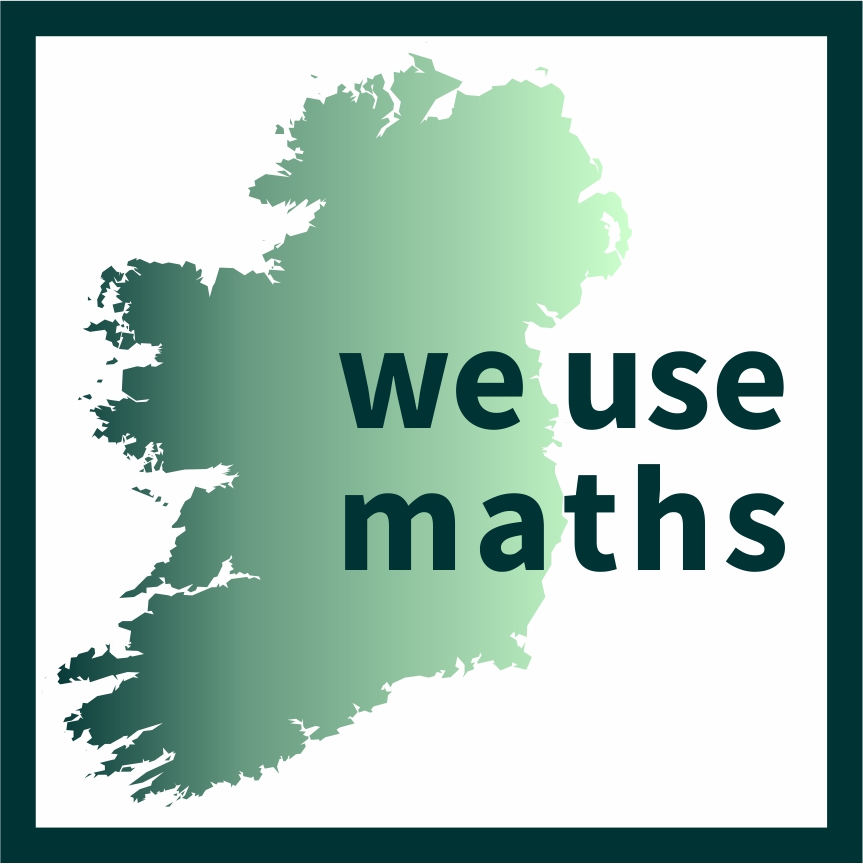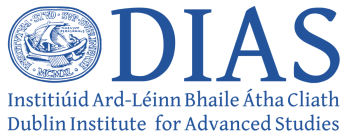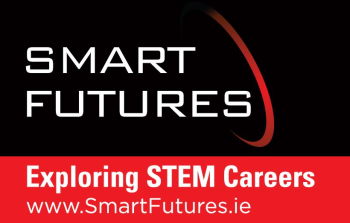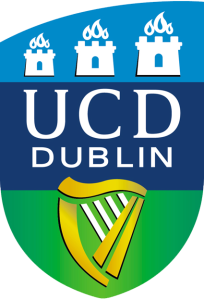Ken Duffy: Applied Mathematician
Your job title?
Applied Mathematics Professor – Current research involves mathematical modelling of the human immune system.
What are your main tasks / responsibilities as an Applied Math. Professor?
I work in collaboration with scientists and engineers, bringing mathematical expertise to multidisciplinary teams to study, understand and exploit systems. For example, I have a long running collaboration with experimental colleagues where we are working towards a better understanding of how the human immune system works. The fundamental premise is that in order to control a system it is essential to first know how it functions. In this case, we wish to help the immune system fight diseases more effectively and to stop it mistakenly attacking its host. In that work, it has transpired that Probability Theory, the mathematics of randomness, is an essential ingredient as the immune system relies on, and exploits, randomness in its operation. Of course, working in a university research is only part of the job. I also train and teach students mathematics and its applications, as well as engage in activities related to the running and development of the university.
How do you use mathematics within your job?
I use it for absolutely everything: for the design of experiments and experimental systems; for the analysis of data; for the extrapolation from theories to predictions. Crucially, I would say that mathematical training heavily influences how one understands, tackles and solves problems. It provides a whole way of thinking. One that has proved beneficial to me even in the cases where complicated mathematics wasn’t needed.
What type of mathematics for you use to solve problems?
Probability and statistics are my workhorses, but as an applied mathematician I use whatever tool is necessary for the problem at hand. I have, at various points, relied on everything from leaving cert. mathematics through to advanced graduate courses.
What aspects of the mathematics curriculum or mathematics courses have proven most useful to you?
The main elements seem to me to be the emphasis on problem solving as a core discipline and the structured way of thinking that mathematics provides, rather than one particular sub-subject. The detail is important, but the overall ethos is the essential element, in my view.
What is your education to date?
When I finished school, I read theoretical physics at Trinity, but found I enjoyed the mathematics more than the physics, so moved to mathematics and got a degree in it. I also got my Ph.D. from Trinity, but spent my time at the School of Theoretical Physics in the Dublin Institute for Advanced Studies supervised by the late Prof. John T. Lewis. John was an inspirational person to serve an apprenticeship under and his approach to problem solving heavily influences my thinking to this day.
What advice would you give to someone considering your job?
Work hard, although that is a universal piece of advice. Rewards come, and are more meaningful, when you invest effort in your activities. Less generally, focus on becoming skilled in a particular field and remain open to finding out what issues are significant in other fields. By having expertise, you may have something to contribute. By being cognizant of other the problems others have, you won’t miss the opportunity to make your expertise count.
What do you find most interesting in your job and what do you find are the main challenges?
The continual learning and discovery, and watching that occur in students, is definitely the most interesting part of the job. It is hard not to be excited when you are amongst a group of like-minded colleagues who have worked hard together and are seeing, or understanding, a phenomenon, or influencing a system, for the first time. With challenges, the greatest two are in learning the language and ethos of the non-mathematical fields my team work in, and in the judicious selection of problems to work on. With a solid training in mathematics, there is simply too many interesting things that one can contribute to and not enough hours in the day to work on all of them. So, learning to be wise in the selection of where you expend your efforts is definitely a significant challenge.






